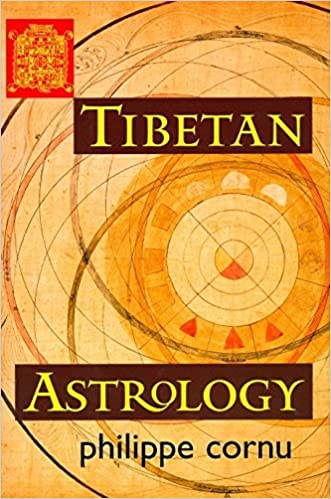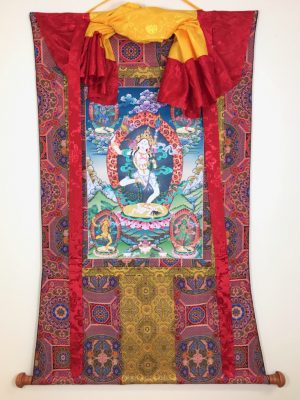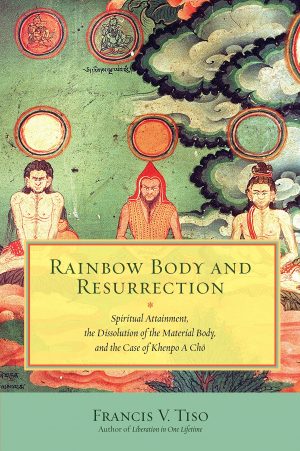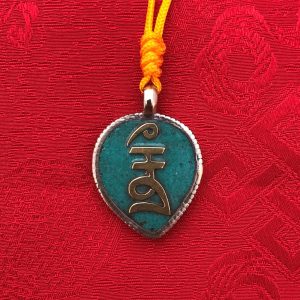Kuvaus
Astrology is one of the traditional arts and sciences of Tibet, where it is known as ”the science of calculation,” used by monks and lamas in the study of the rhythms and cycles of time, for divination, for choosing auspicious times for rituals and life-cycle events such as marriages and funerals, and as an adjunct to the practice of traditional medicine.
This comprehensive introduction to the topic includes:
• Historical roots and influences from China and India as well as the Buddhist Kalachakra teachings and the ancient Bön religion of Tibet
• The two main branches of Tibetan astrology: Nagtsi, or ”black astrology,” based on the Chinese system, and Kartsi, or ”white astrology,” derived from Indian astrology
• The twelve- and sixty-year cycles and the twelve animals and five elements associated with them
• The mewa, or magical squares, which are numerological factors used to calculate the auspiciousness of days or years
• The parkha, or eight trigrams of the I Ching, representing the elements, directions, seasons, and fundamental universal forces
• How to analyze the character of hours, days, months, and years, so as to determine auspicious times for various activities
• How to cast and interpret a Tibetan horoscope
Also included are numerous diagrams and charts that are indispensable to the practice of Tibetan astrology, including tables for converting Western dates to dates on the Tibetan calendar.



